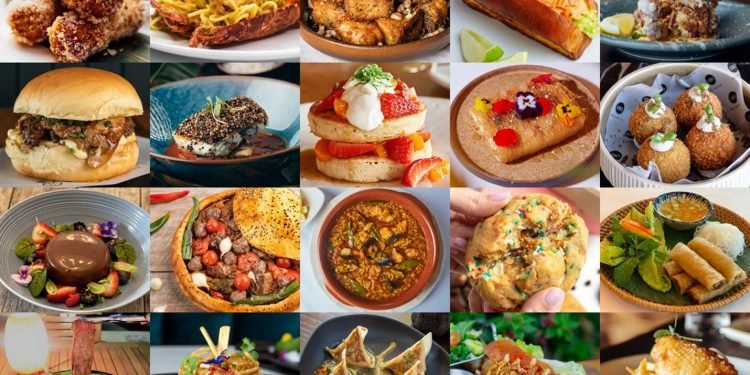The United Arab Emirates (UAE) has seen a boom in the fast-food industry in recent years, with the number of fast-food chains growing rapidly. The fast-food industry in the UAE is estimated to be worth over $4.4 billion and is expected to grow further in 2023. This growth is being driven by several factors, including the country’s growing population and economy, and the increasing number of tourists visiting the UAE.
The UAE is home to some of the world’s most popular fast-food chains, including McDonald’s, KFC, Burger King, and Subway. These chains have been able to capitalize on the growing demand for fast food in the country. McDonald’s, for example, has opened 26 new restaurants in the UAE since 2015, and now has a total of over 100 restaurants in the country. KFC also continues to expand in the UAE, and currently has over 100 restaurants across the country.
Surging profits from fast food chains in the UAE are being attributed to heavy investments in digital marketing, aggressive expansion plans and a focus on more premium products.
According to a new report from consulting firm A.T. Kearney, the UAE’s fast-food industry is expected to grow by 6.7 percent this year to reach $4.4 billion. This growth is being driven by a strong performance from brands like McDonald’s, KFC and Burger King, which have all seen double-digit sales increases in the last 12 months.
McDonald’s, which opened its first UAE outlet in 1994, now has 169 restaurants across the country. The brand reported sales of $1.1 billion in 2015, up 14 percent from the previous year. KFC, which entered the UAE market in 1999, saw sales grow by 11 percent to $229 million in 2015. Burger King, which has been present in the UAE since 2007, posted sales of $85 million in 2015, up 17 percent from 2014.
More and more women entering the workforce, both dining out and bringing prepared food home several times a week are becoming increasingly popular.
Fast-food restaurants are also experiencing growth in direct corelation with the rising success of fast-food delivery applications such as Talabat and Uber Eats as they offer free home delivery and prices that are very affordable and reasonable along with variety to suit every budget.
The novelty of the fast-food market appeals to the many Muslim tourists who visit in search of halal food. Because Dubai is a Muslim country, all food is halal, providing great alternatives to choices in the west where these popular fast-food franchises aren’t halal.
As such the consequences of this meteoric rise in the fast-food industry has seen an increase in health-related problems such as Obesity. the UAE has a high standard of living, which often includes a sedentary lifestyle and easy access to high-calorie foods. Finally, the hot climate in the UAE can make it difficult to stay active and eat healthy foods.
The health consequences of obesity are well-known and include an increased risk for heart disease, diabetes, and certain types of cancer. In addition, obese individuals are more likely to suffer from depression and other mental health disorders.
The UAE government has taken steps to address the obesity problem in the country. For example, there has been an increase in the use of Gastric Balloon in the UAE.




